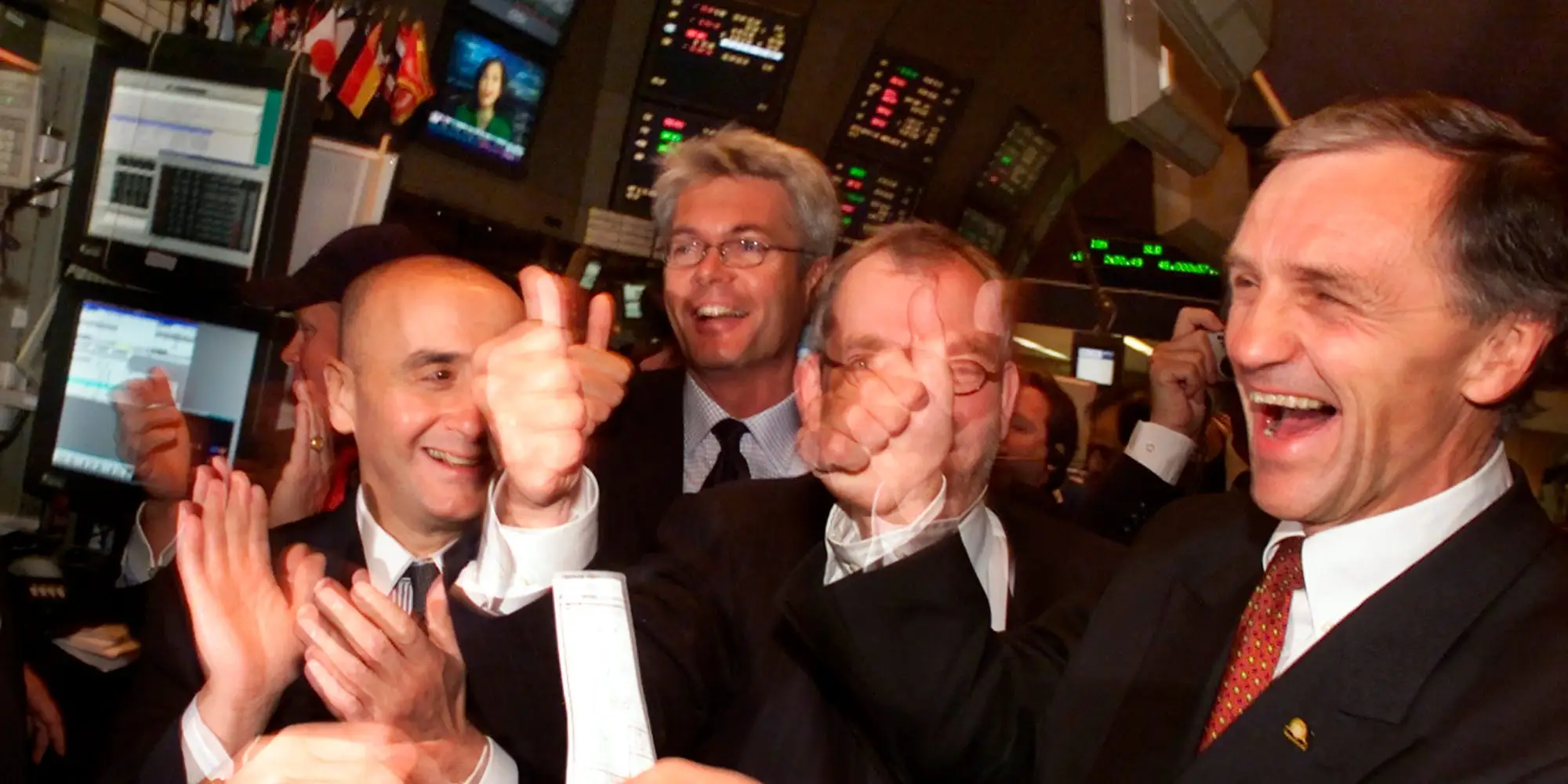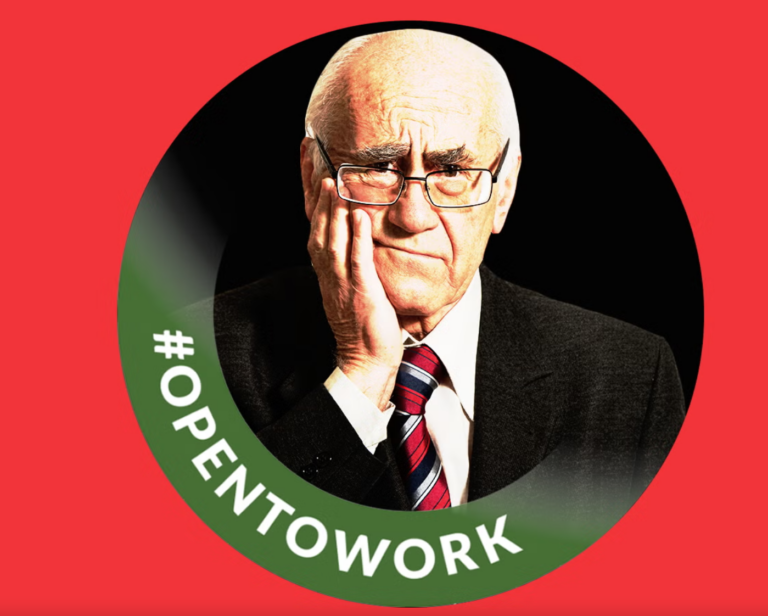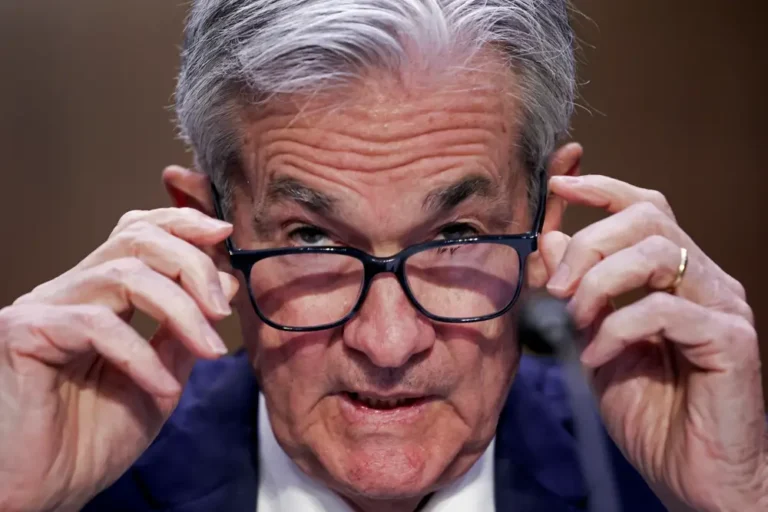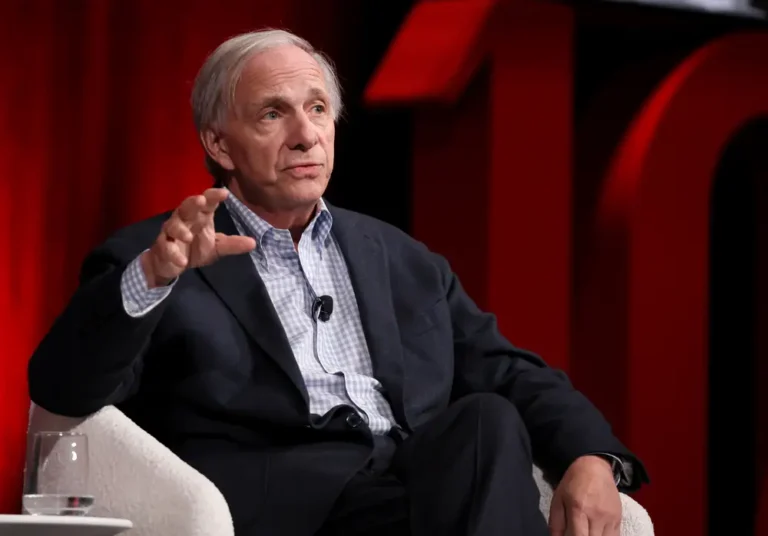Stocks will embark on a run of gains unseen in 30 years after the Fed cuts rates, Wells Fargo strategy chief says

Wells Fargo says falling inflation and resilient economic growth could be setting up the stock market for a rehash of 1995.
Stocks are poised for a run-up that hasn’t been seen in three decades, says Wells Fargo’s head of global investment strategy, Paul Christopher.
The banking veteran pointed to the parallels between today’s market and that of 1995, when stocks boomed and the S&P 500 notched 77 all-time highs.
Christopher suggested that investors could be facing a similar environment. That’s because inflation is declining and the economy “is not collapsing,” he said, with the Commerce Department estimating that GDP expanded by 2.8% year over year in the second quarter.
The Federal Reserve “is in a good position here if they can be proactive enough,” Christopher told CNBC on Thursday, suggesting that central bankers would issue a 50-basis-point rate cut in September followed by a “couple more” rate cuts through the end of the year. “We’ve still got a good chance to soft-land this economy,” he added.
Markets have eyeing Fed rate cuts since central bankers began raising interest rates in March 2022 to lower inflation.
But inflation is way off the peak from the summer of 2022. The Bureau of Labor Statistics said inflation rose by 2.9% year over year in July.
Wells Fargo expects more volatility for stocks over the next few months, Christopher said, pointing to uncertainties stemming from geopolitical tensions and the presidential election. That period could be followed by some significant gains for investors, assuming the Fed eases policy appropriately, he added.
Christopher said lower short-term interest rates would most likely benefit financial and tech stocks as financial institutions gain more in deposits while tech firms’ earnings improve. Those two trends are “exactly what happened in 1995,” he said.
“Financials led the way until tech took over, and then you had a general cyclical move of stocks going forward,” Christopher said, adding, “We would be definitely overweight large-caps in the sectors I mentioned.”
Most stock forecasters expect more choppiness in the coming months as investors eye Fed rate cuts and monitor the strength of the US economy. New York Fed economists have said they see a 56% chance that the economy will enter a recession by next July.






